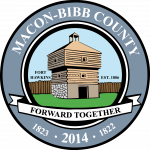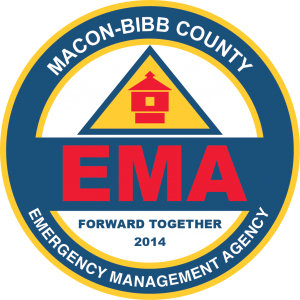Tornadoes
Tornadoes are violently rotating columns of air that extend from a thunderstorm to the ground. They are nature’s most violent storm and are responsible for Georgia’s number one weather-related deaths. Tornadoes cause extensive damage to structures and disrupt transportation, power, water, gas, communications, and other services in its direct path and surrounding area. A tornado can:
- Happen anytime and anywhere
- Bring intense winds, over 200 miles per hour
- Look like funnels
If you are under a tornado or severe weather warning, be prepared to act quickly. Planning and constant practice can be key to survival, since tornadoes can occur at any time of the year, without warning. Follow these steps to know what do to in order to prepare for and act during a tornado:
| Preparing for a tornado | Staying safe during a tornado |
|
|
After a tornado has cleared the area and officials have declared it safe to return home or end shelter in place, make sure to be vigilant during the cleanup process. If your home was damaged during the storm, wear thick-soled shoes, long pants, and work gloves to reduce injury. Be aware of carbon monoxide poisoning. Do not use gasoline, propane, natural gas or charcoal-burning devices inside a home, basement, or garage. Carbon monoxide can’t be seen or smelled; if you start to feel sick, dizzy, or weak, get to fresh air right away.

